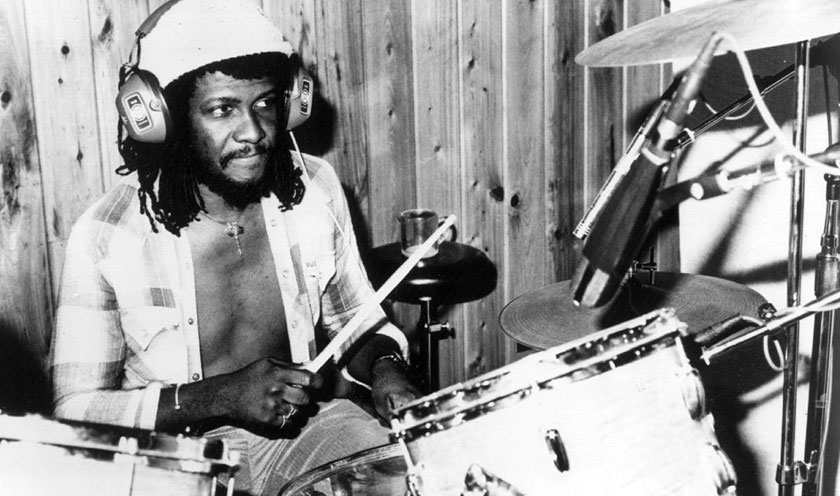
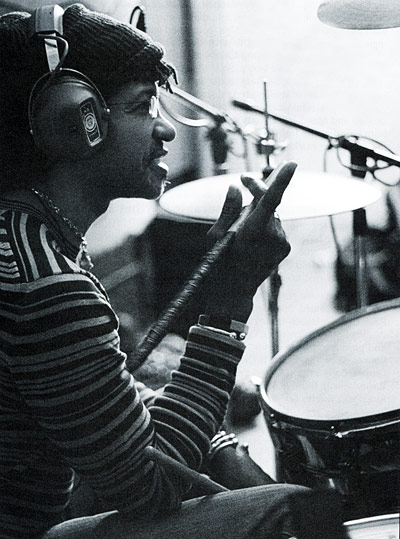
| Sly Dunbar |
|
Drummer Sly Dunbar, along with bassist Robbie Shakespeare, rose to international prominence as one-half of the duo known simply as Sly & Robbie, widely regarded as reggae's best and most innovative rhythm section. Together, the duo have lent their rhythmic punch and near-telepathic interplay to some of reggae's most important sessions, as well as recording their own albums throughout the '80s and '90s, and accepted invitations from rock artists to put in guest appearances at recording sessions. Dunbar has also recorded several solo albums.
Sly had an affinity for the drums from a young age, even constructing his own set out of empty food cans. At age 15, he began playing real drums in his first band, the Yardbrooms; after dropping out of school and briefly taking a day job, he decided to concentrate on music full-time. He joined up with Dave & Ansell Collins, who featured the 16-year-old's drumming on their 1969 album Double Barrell. After playing with the Mighty Diamonds and I-Roy, Dunbar met bassist Robbie Shakespeare in the early '70s at a recording session headed by producer Bunny Lee. The two discovered an instant empathy, and in 1974, they formed their own Taxi Records label and began marketing themselves as a production and rhythm section team. Their stature grew quickly, as they were asked to perform with reggae giants like Bob Marley, Jimmy Cliff, and Burning Spear; however, the duo's real break came in 1976, when Peter Tosh featured their rhythm work on Legalize It and made them part of his touring band 2 years later. The increased exposure spelled success for Dunbar and Shakespeare' careers as producers, musicians, and label heads, as Taxi released a number of important recordings, with Sly & Robbie as backing musicians. During this period, Sly released the solo LPs Simply Sly Man (1976) and Sly, Wicked and Slick (1977). The first official Sly & Robbie release came in 1981 with Sly and Robbie Present Taxi, which was followed the next year by Dunbar's final solo album to date, Sly-Go-Ville. A bevy of albums, some released only in Jamaica, followed; most notable among those are Rhythm Killers (1987) and Dubs for Tubs: A Tribute to King Tubby (1990), which demonstrated the pair's 1980s shift from traditional reggae into dub. Session work for others continued during the decade as well, most notably with Black Uhuru and pop and rock artists like Grace Jones, Mick Jagger, Bob Dylan, and Herbie Hancock. Dunbar continued to work with Shakespeare into the '90s, the two shifting their focus once again to dancehallin an effort to bring reggae back to its former state of overseas popularity; they have also worked with American rap artists on such albums as 1990's Silent Assassin. |
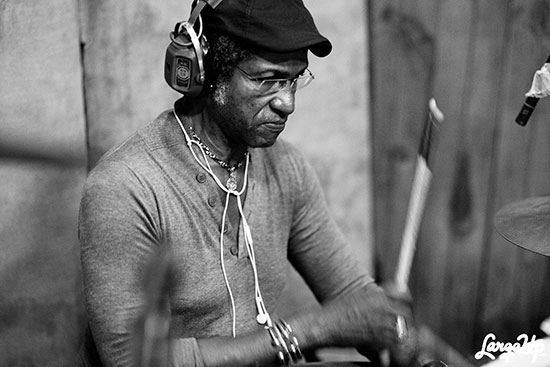
|
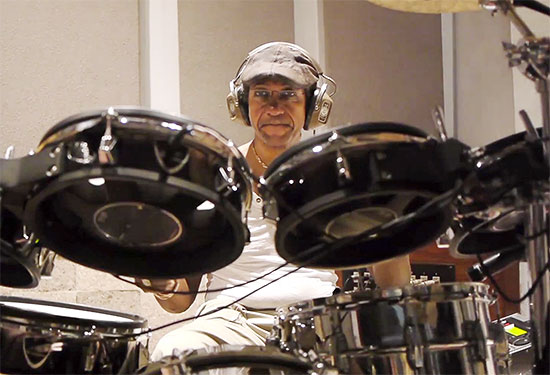
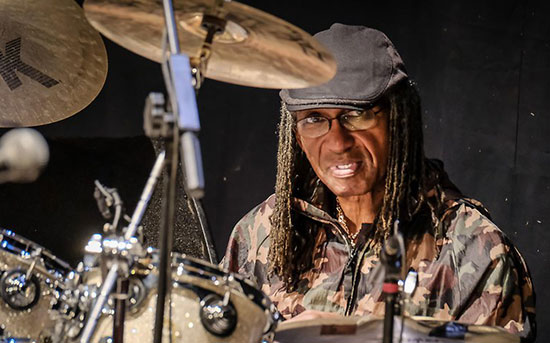
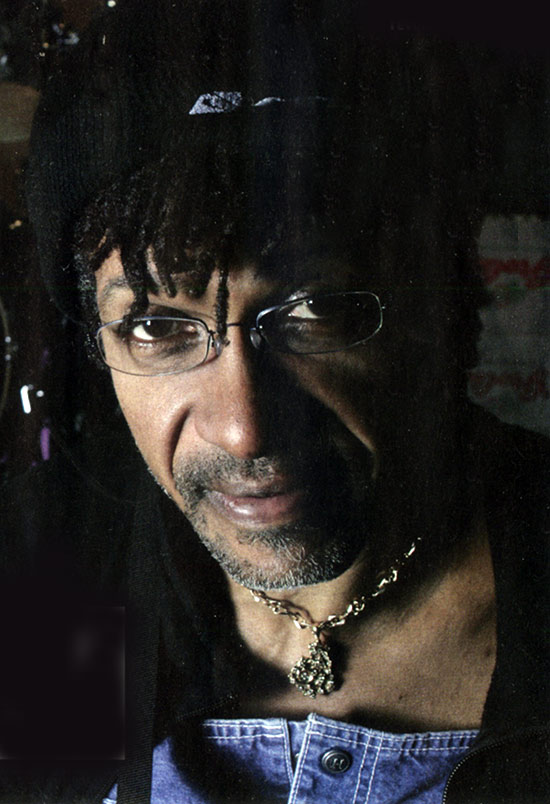
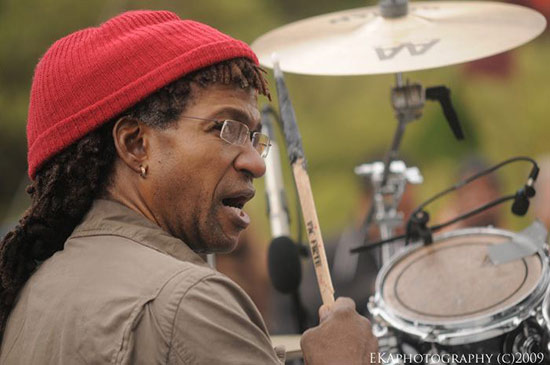
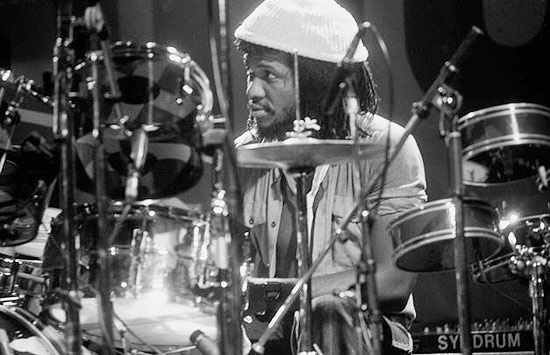
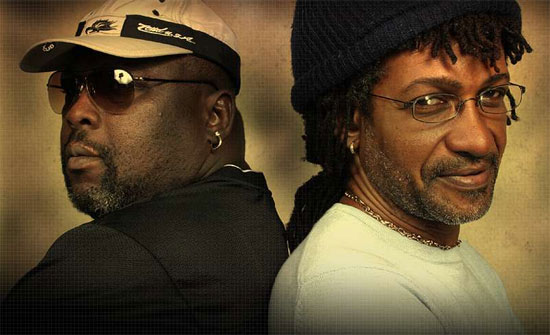 Robbie Shakespeare and Sly Dunbar
Robbie Shakespeare and Sly Dunbar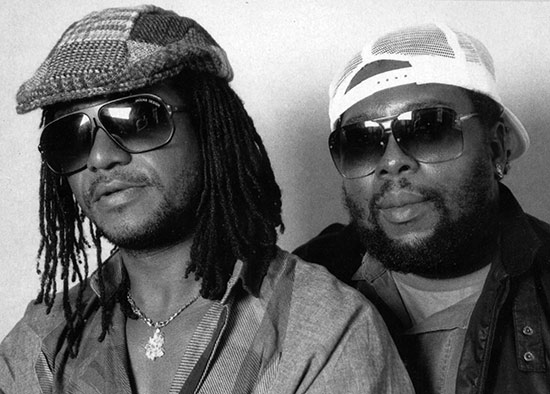 Sly Dunbar and Robbie Shakespeare
Sly Dunbar and Robbie Shakespeare 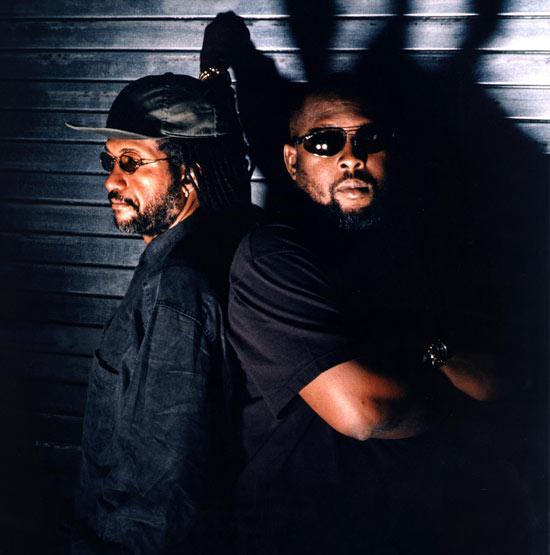 Sly Dunbar and Robbie Shakespeare
Sly Dunbar and Robbie Shakespeare
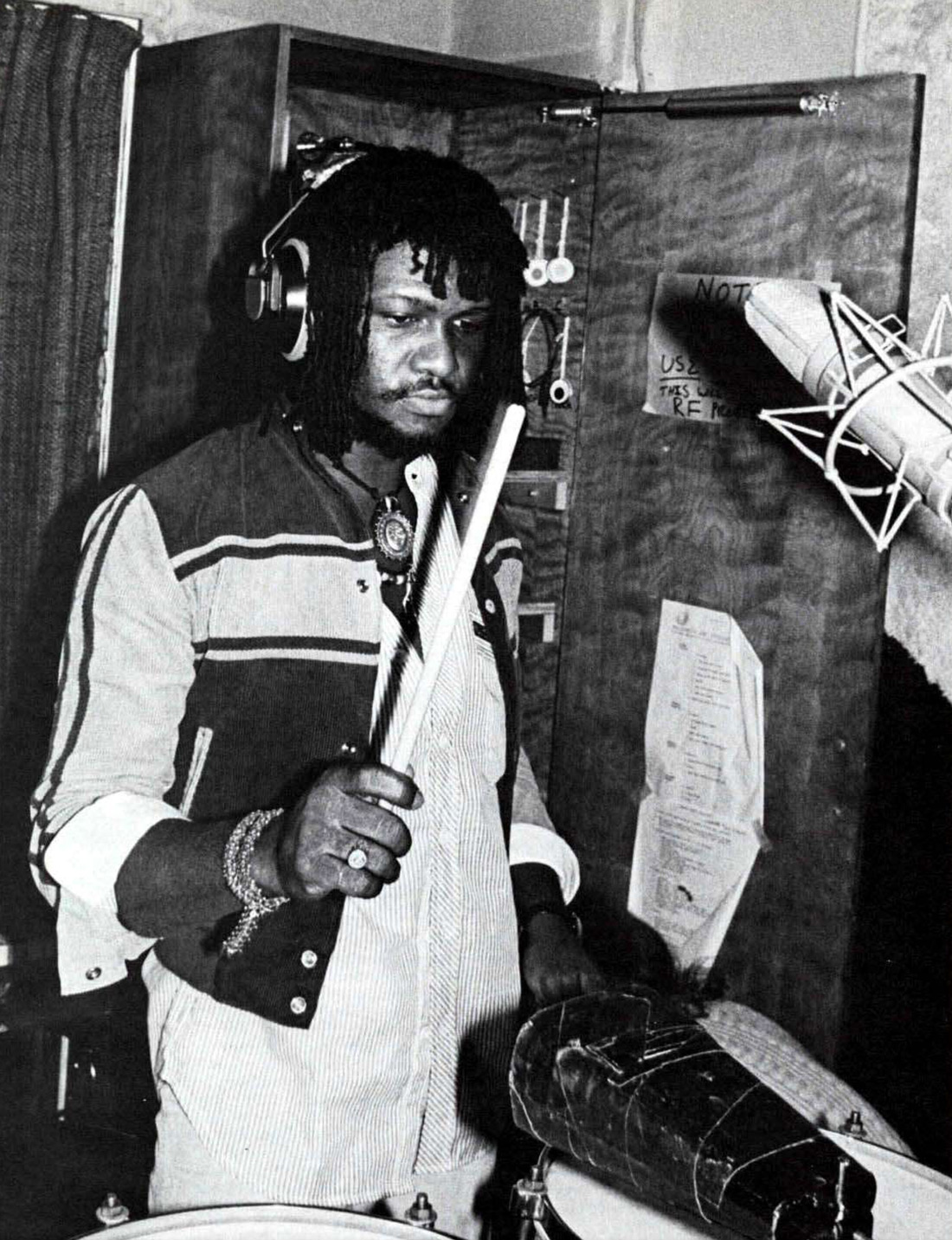
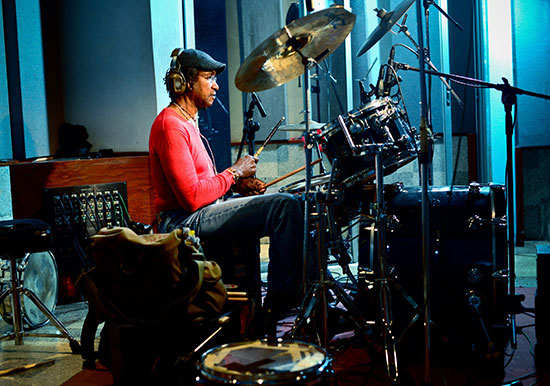
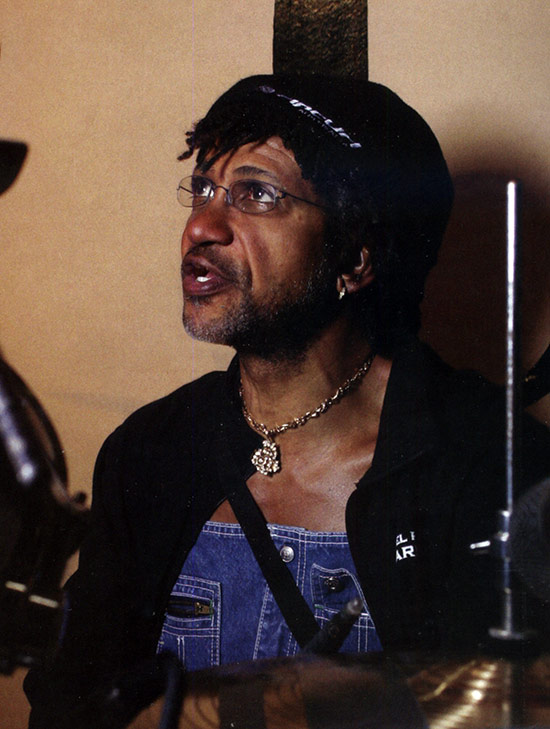
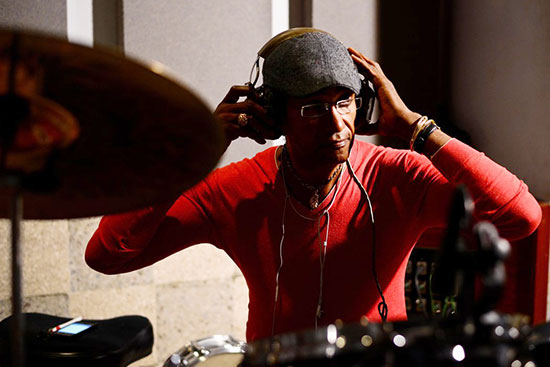
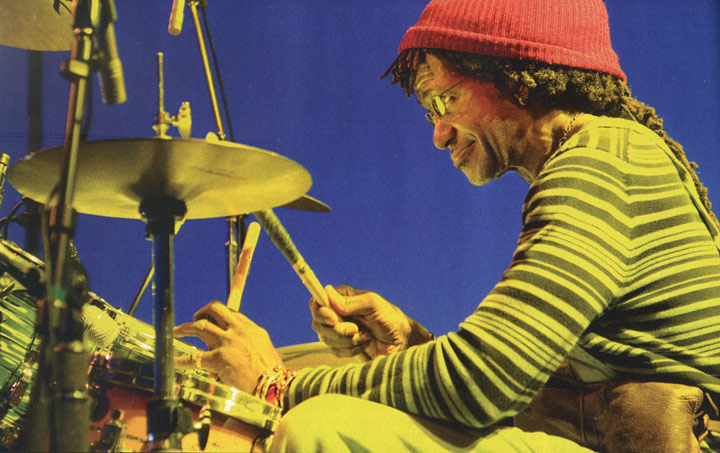
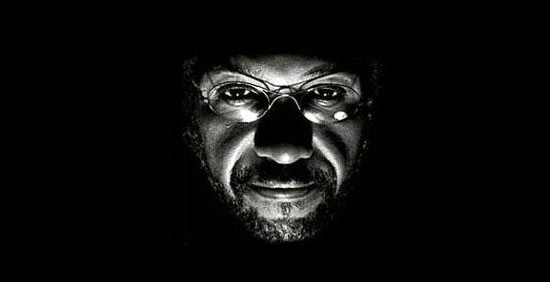
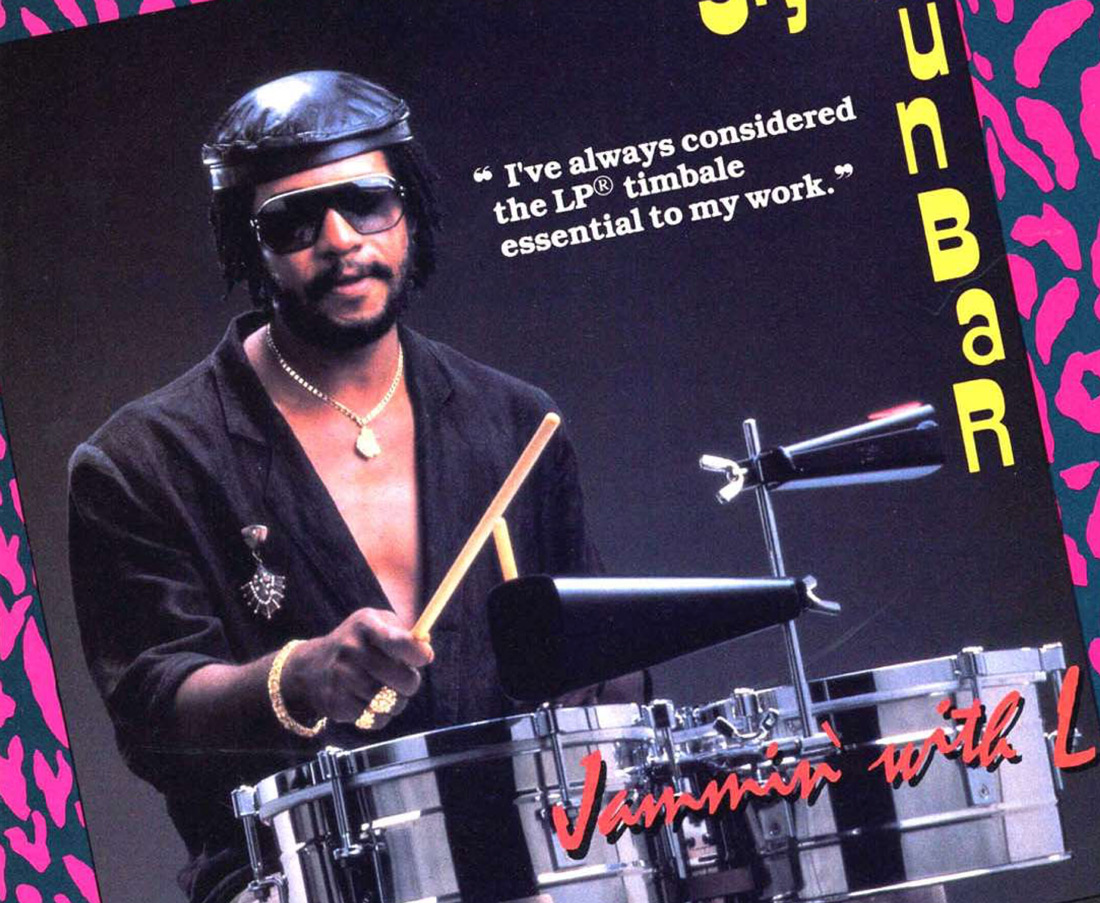
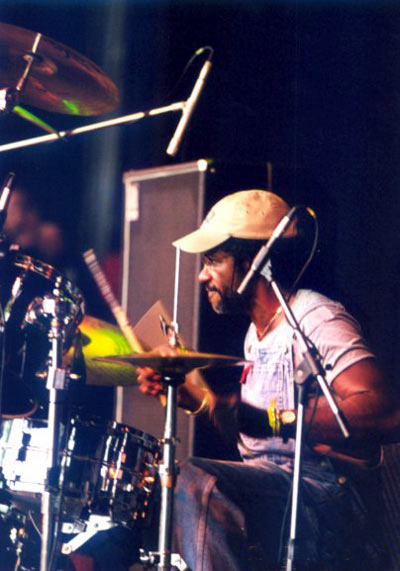
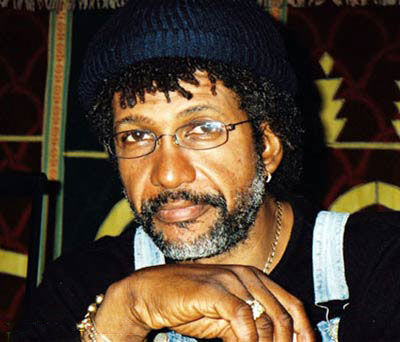
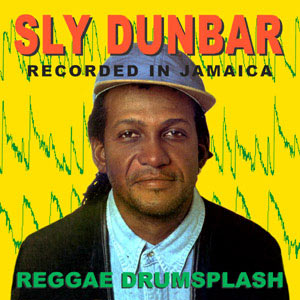
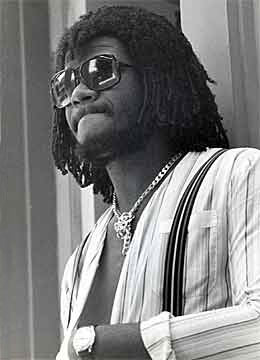
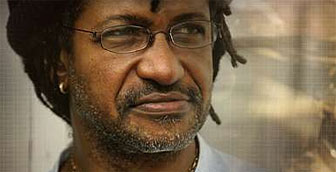 thanks for your visit!
thanks for your visit!
CLICK:
the 500 Top Drummers:
the 500 Top Drummers:



